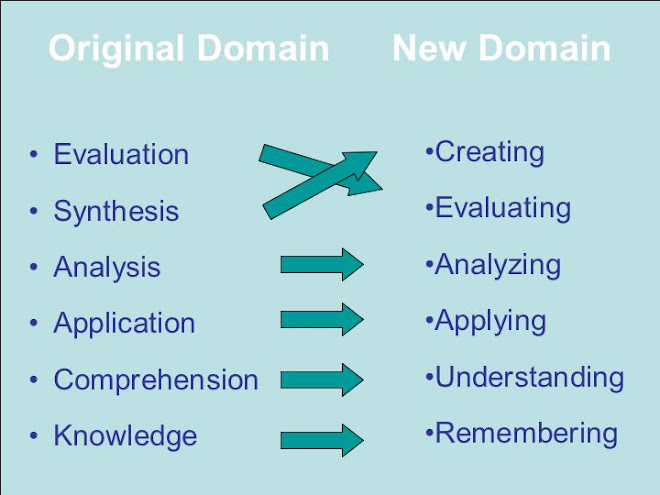Our discussion Wednesday, 10/1, intensified with the consideration of offering technology to underserved communities. With the primary goal being stimulating motivation to create, the example of generating a story with a telephone application for a contest is potentially effective. The practical question of battery life arose and methods of recharging the battery are in active research. The question arose about the "dropping" of technology into the lives of underserved children for one project-- what happens afterward? Is there potential for appetites whetted then abandoned? It was stressed that these projects are undertaken in conjunction with NGOs connected to schools, so the projects likely work in with curriculum set by local educators. In addition to a great sense of humanitarian fulfillment, I imagine that there must be a sort of tabula rasa purity that appeals to the researcher who can measure high contrast effects. Another consideration arose that though we live in a wealthy nation, a population of children in the United States, would likewise benefit from such donations of funds, technology and intelligence. The concept of contextualizing the motivation to engage in foreign educational aid is essential.
Dr. Kim spelled out the essential elements of Contextualization:
Audience: Understand the people you intend to affect. What do they come to the project with?
Behavior: What do you want to occur?
Conditions: What is the environment? Is there electricity, battery recharging stations? What other technology might be necessary?
Degree: How much change? What degree of literacy can can be offered?
I would like to offer and E: Elevate to the next step through the same or different NGO. That step could be an annual return for five years, for example. This sort of information goes into the initial grantwriting for the project.
Paul Kim's storytelling project "1001 Nights" which offers a story writing application on a mobile telephone, is intended to generate a desire to create stories as its behavioral impact. He aspires that his participants will become so engaged that they become the next literary voices of their countries. The behavior, though, is actually very small, a short epiphany that produces a story. Because these moments of discovery in childhood can be many, guidance is required around them for reflect reflection and to help continue the practice of discovery. The degree hoped for is that the young writer will also be able to retell the story he/she has written and will want to write again.
"Pocket schools" on mobile devices are an amazing resource. I'm learning that they are popular and appealing in places where resources are minimal. But also popular because learning can happen anywhere, on the move. For a Stanford professor, the opposite is happening in the U.S. where movement may have been overwhelming and not productive. Here, the question becomes an issue of productivity and distribution. Consideration for the distribution of scholarly information for which great energy, travel, and time had historically been expended to attend conferences was the reason Professor Emeritus Mike Kirst decided to blog. Not only did this save him many hours of non-productive time, but also offered a platform to further develop his thoughts and writing craft as well as, very importantly, increased his audience so that when he did travel to conferences, there was an audience when he presented.
Bloom's Taxonomy came in as a reference and the discussion became a bit of a "meta-conversation."

Metacognition is classified into three components:
- Metacognitive knowledge (also called metacognitive awareness) is what individuals know about themselves and others as cognitive processors.
- Metacognitive regulation is the regulation of cognition and learning experiences through a set of activities that help people control their learning.
- Metacognitive experiences are those experiences that have something to do with the current, on-going cognitive endeavor.


No comments:
Post a Comment